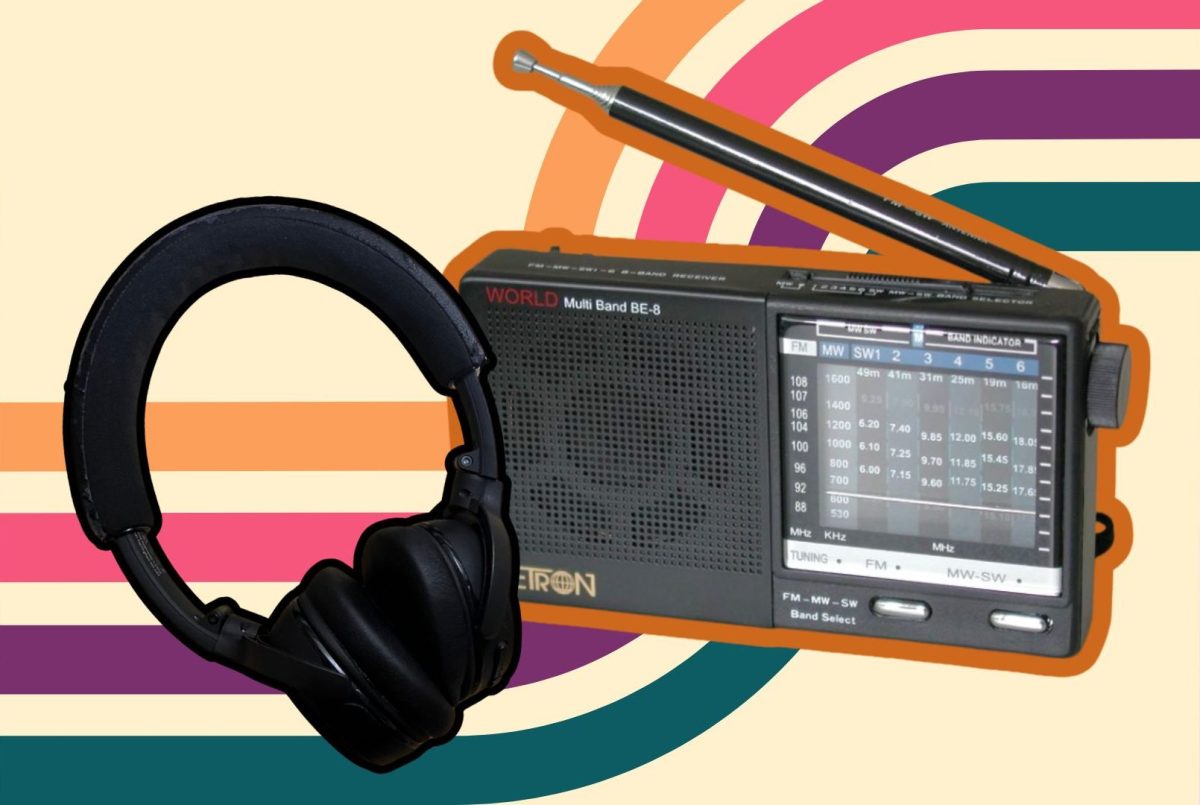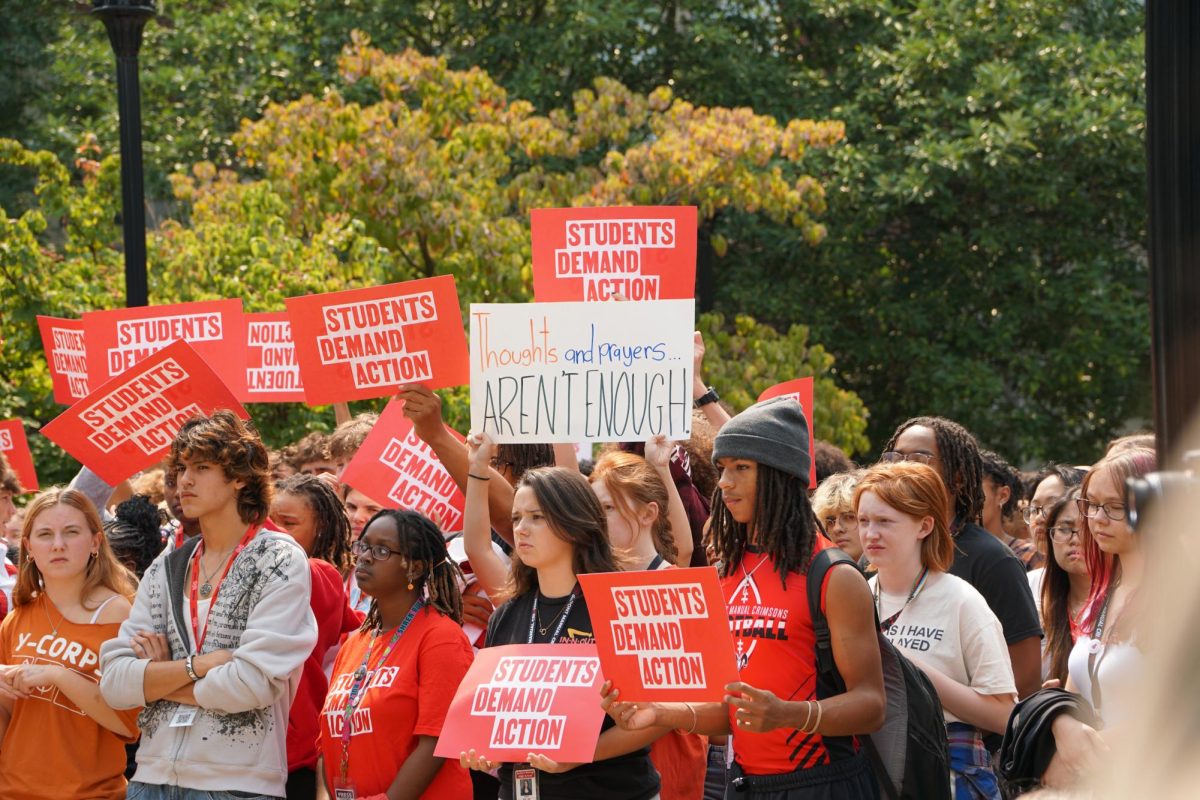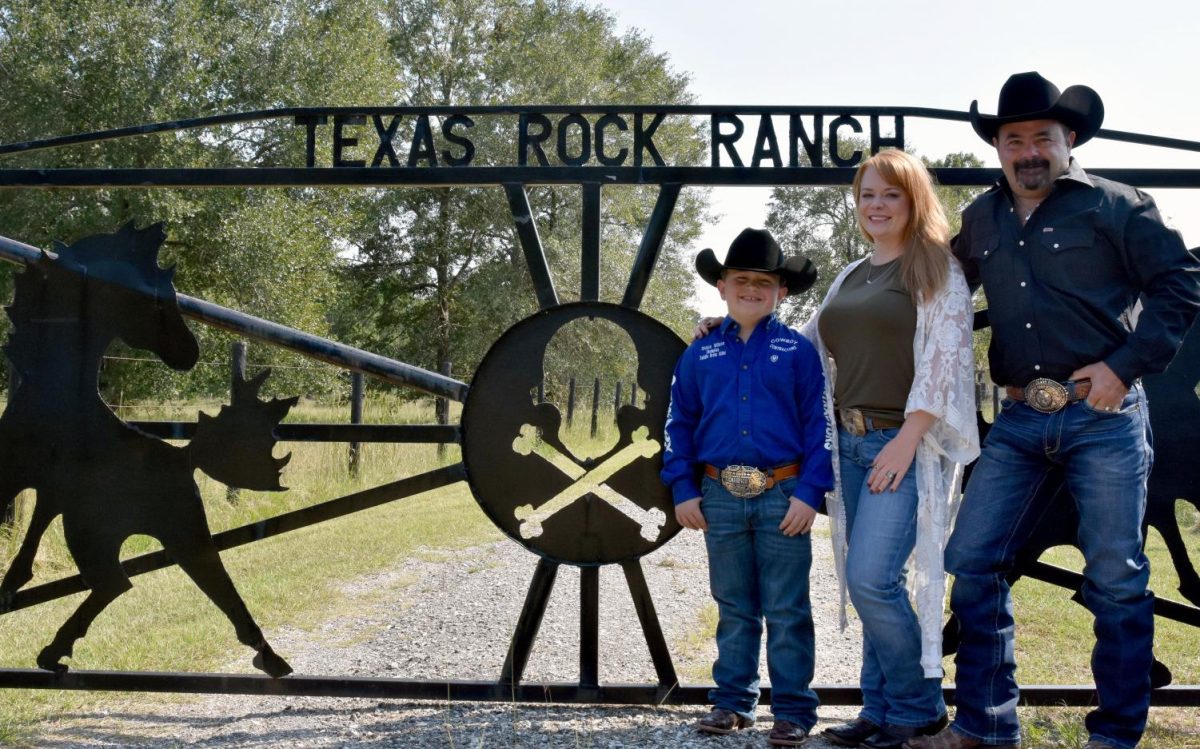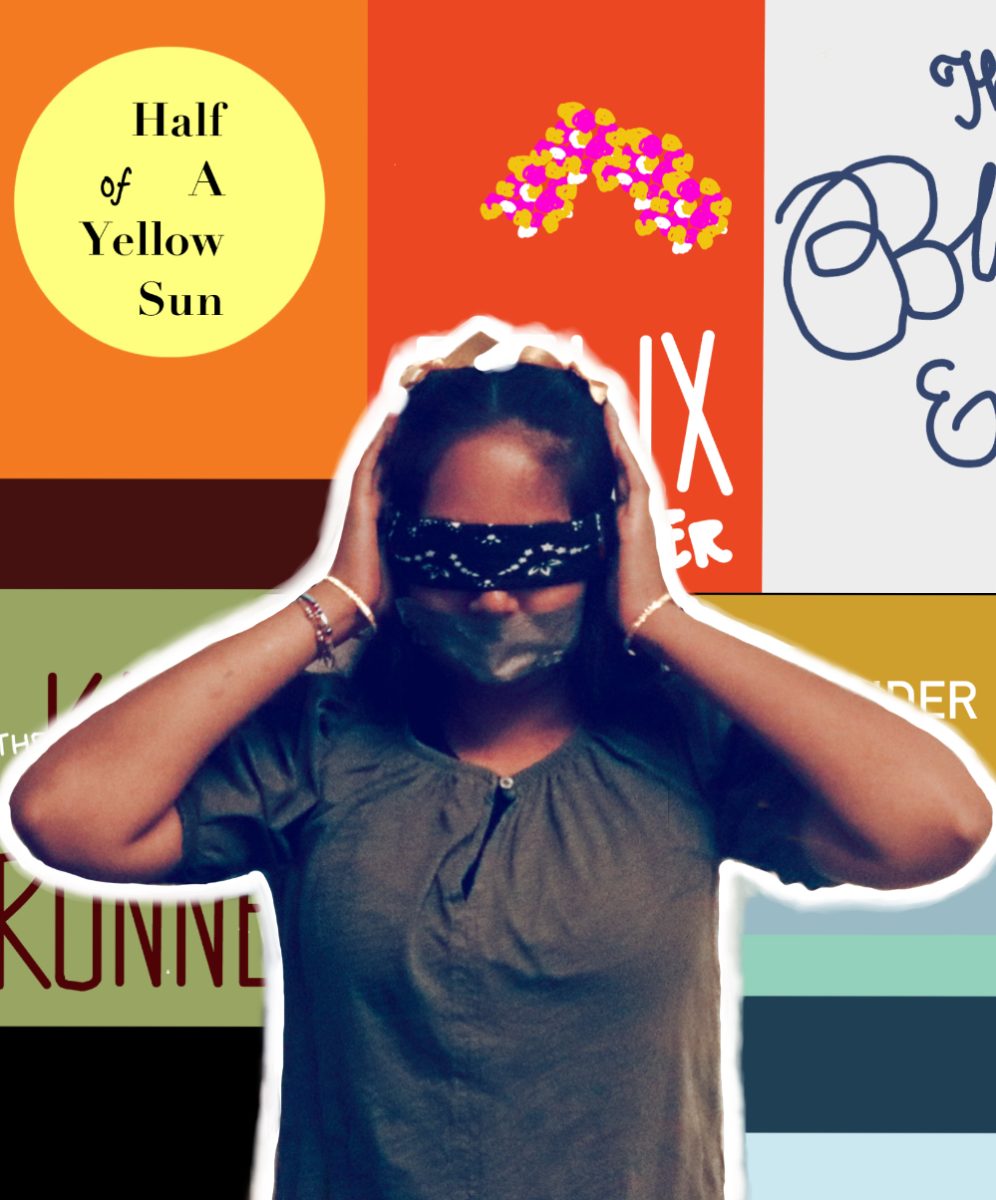6,741 people make up the population of Aspen; 0.8% of that population identifies as black. But what does “black identifying” really mean? Does it refer to African Americans? Or possibly the 20+ countries in Latin America with significant Afro-Latino populations? Does this percentage account for people of mixed races? What’s the margin for this almost nonexistent population?
0.8% of 6,741 is roughly 53 people. 7.5% of Aspen identifies as mixed race, slightly over 500 people. In a predominantly white community, “black” seemingly refers to anyone of a darker complexion and different hair texture. But, the nuances of what it means to be black differ based on the person and their individual experience: a forgotten aspect of culture here thanks to the monochromatic community.
The realities of being black in America have routinely been overlooked, most recently with the resurfacing of the BLM movement in 2020. When the U.S. witnessed the death of George Floyd, we were met with drug abuse accusations and the fact that he might have used a counterfeit 20-dollar bill – as if that excuses the 9 minutes and 29 seconds that Derek Chauvin knelt on his neck. It’s commonly thought that because Aspen is a progressive town in a blue-swinging state, the reported 0.8% of black locals don’t experience “serious” racism. Since Aspen had its own BLM protest that hundreds of people joined, locals believe we don’t experience racism. But, because it’s 2024, “we don’t experience racism”.
Black people – and POC in general – are tired of being told what is and is not racism. It’s seemingly a never-ending nightmare of people tip-toeing around the n-word when you’re in the room, offensive phrases being disguised as jokes, and being told that you’re whitewashed for speaking, dressing, and acting “like a white person.”
Growing up in a predominately white town makes it seem like the same people who scream the n-word during their favorite Kendrick Lamar song are the same people who are too afraid to say it while a black person is in the room. Scolding your peers for saying something ignorant while a POC is in the room doesn’t make you any better if you wouldn’t also do it behind closed doors; it just makes you look performative.
Why are black people only considered “chill” if they don’t stand up for themselves? Why is it that the one word you shouldn’t say is the most enticing? Why do I have to awkwardly giggle and act like I don’t care every time one of my friends says the n-word?
The reason that black people don’t live in Aspen seems to be a “chicken and the egg” situation. This constant cycle leaves less than 1% of the population without a community to depend on. While I don’t believe that community has to do with race, having people who understand your experiences on a fundamental level is what community is about. Black communities hold the heart of black culture in the U.S.; there’s no erasing that. This isn’t a new phenomenon either – we’ve seen culture thrive in black communities since the end of the Civil War. Historically, movements within marginalized groups flourish under hardship, a notable example of this being the Harlem Renaissance, a time when new arts, political, and economic opportunities were at an all-time high despite slavery recently being outlawed.
While it is frustrating being on the receiving end of it all, I’m just as guilty of staying silent. It’s sad to repeat the things I hear from my peers to my parents and have it closely align with what they endured at my age. It’s often easier to laugh and brush a comment off than to be seen as someone who can’t take a joke. It seems as though the trend of 2020 where everyone suddenly became an activist and had BLM in their bios has ended; it’s not cool to be compassionate anymore – rather, it feels like we’re going back in time.
This story was originally published on The Skier Scribbler on December 5, 2024.





































